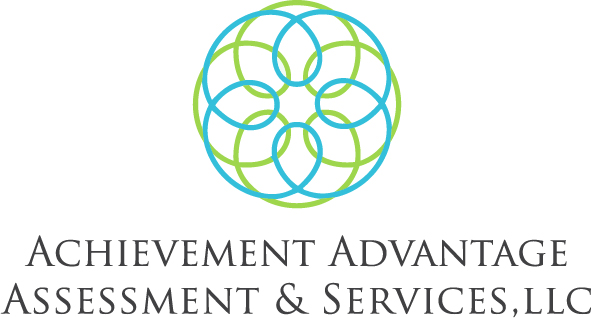As we have been discussing in our most recent posts, accommodations, services available at your postsecondary institution, and private services can all be helpful in addressing the needs associated with your disability. Another support comes in the form of assistive technology. Assistive technology is a piece of equipment or product system that you can use to increase, maintain, or improve your functional capabilities. If you have accommodations through a Section 504 Plan, assistive technology may be included as an accommodation. Your Accessibility Office should be able to provide you access to some assistive technology. You may also wish to invest in assistive technology of your own. Below we will discuss common assistive technology tools that may be able to help you improve your performance as an adult student.
Reading Software. If you have a disability that affects your reading skills, you will likely benefit from having access to reading software. This is most helpful when you are able to read along with the text while you listen the audio recording. Common examples of reading programs are:
Kurzweil3000. This is a cloud-based services for reading. Many colleges and universities can provide you free access to this program or other similar ones if you have a Section 504 Plan.
Learning Ally. A collection of more than 75,000 digitally recorded textbooks and literature titles in audiobook format.
Google Read and Write. An application that will work for the majority of webpages through Google Chrome. It includes text-to-speech, dictionary, translator, and word predictions.
Writing Software. If you have a disability, you may wish to seek out assistive technology that addresses your written expression and spelling . These could include:
Grammarly. This application corrects grammatical mistakes, while also correcting contextual spelling errors and poor vocabulary usage. Grammarly can be useful in combination with a voice-to-text program, such as Dragon Speaking Naturally, in order to catch grammatical errors or determine the appropriate work usage in context.
Spelling and grammar checks on your word processing program, such as Word. If you have a Section 504 Plan to address this area of need, you will likely be able to type in-class assignments and assessments.
Dictation. You may also find dictation will aid you in your writing tasks. Dictation programs change voice to text so that you can speak what is being written on your word processing program. Dragon is one company that produces widely used speech recognition programs.
Audio Recording. Being able to record your lecture can address many needs such as writing, processing speed, and attention deficits. Check with your institution’s Accessibility Office to learn more about your school’s recording policies.
Most phones now have the ability to record. This may be less obtrusive than other recording tools.
Smartpens. A Smartpen is a pen you can use to write notes that also records audio. Depending on the type of pen you get, you can transfer your notes with audio to your computer. Livescribe is one company that produces a variety of smartpens.
Organizational Apps. If you have a disability that affects your memory or organizational skills, you may find organizational tools helpful.
Write your schedule in your calendar app.
Set reminders and alarms for complete tasks.
Google Keep. Google Keep is an app that allows you to make notes to yourself, set reminders, and keep checklists in an organized way.
The information above are just a few of many of the assistive technology available to you. As technology continues to advance, we are able to seamlessly integrate assistive technology into our lives to meet areas of need we may experience. Now that we have covered services and technology to help you in your postsecondary career, we will be focusing on strategies you can implement to help you have success as an adult student.




